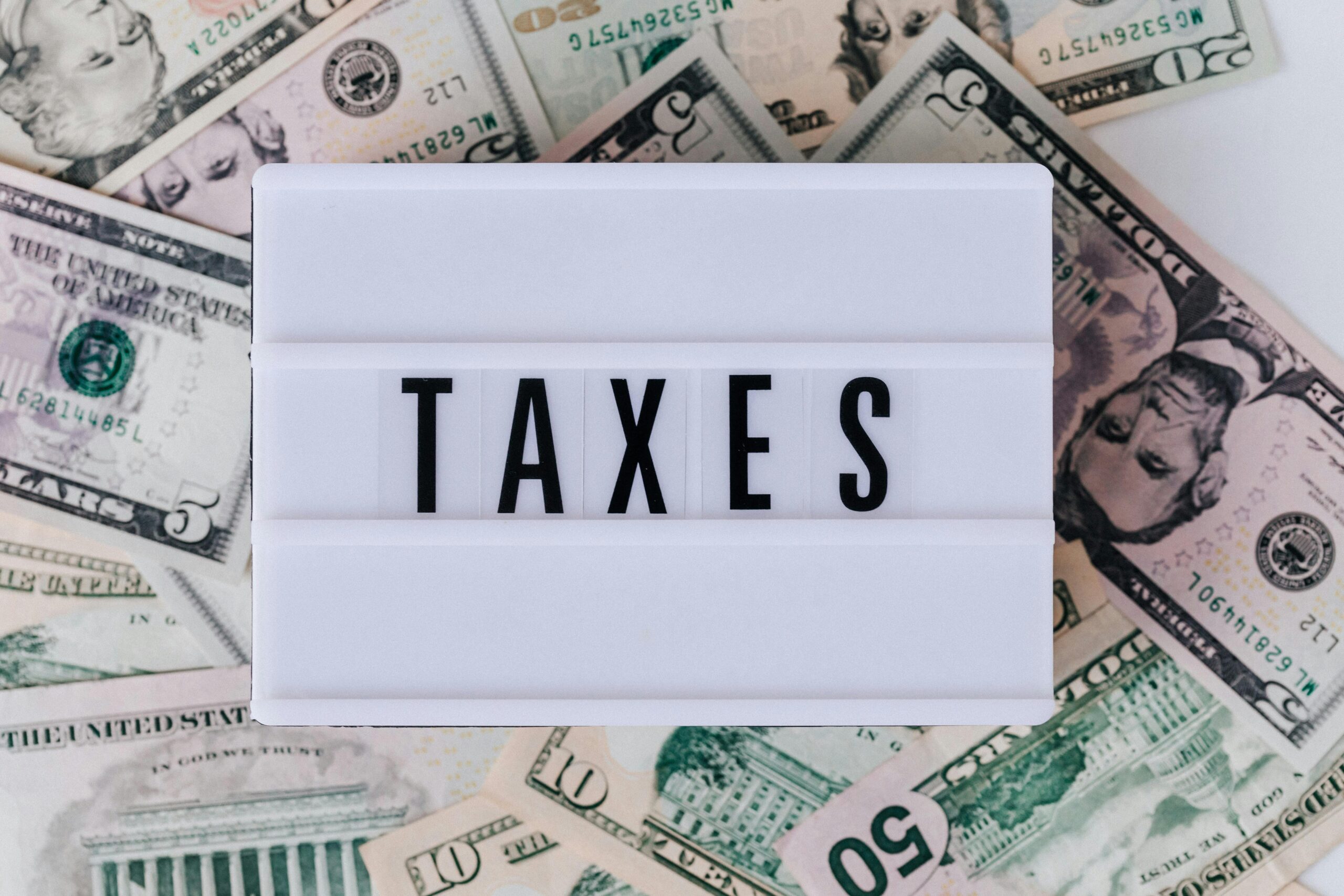The tax cuts in the House budget bill have become a hot topic in Washington and across the nation. With inflation, cost of living, and interest rates putting pressure on American families, the promise of new tax relief couldn’t have come at a more crucial time.
In this post, we’ll explore the proposed tax cuts in the House budget bill, breaking down what they mean for individuals, families, and businesses. Whether you’re a working parent, a small business owner, or a retiree, these tax cuts could significantly impact your bottom line.

What Are the Tax Cuts in the House Budget Bill?
The House budget bill for fiscal year 2025 includes sweeping changes to federal tax policy, aiming to reduce tax burdens across multiple income groups. The bill was introduced as part of a broader Republican-led fiscal agenda that emphasizes economic growth, reduced government spending, and enhanced financial relief for middle-income Americans.
Key Highlights of the Tax Cuts in House Budget Bill:
| Tax Category | Proposed Change | Who Benefits |
|---|---|---|
| Individual Income Tax | Reduction in marginal rates across all brackets | Low- and middle-income earners |
| Child Tax Credit | Expansion from $2,000 to $3,600 per child | Families with children |
| Capital Gains Tax | Lowered maximum rate from 20% to 15% | Investors, high-net-worth individuals |
| Corporate Tax Rate | Reduced from 21% to 18% | Small and large businesses |
| Standard Deduction | Increased by 15% | All taxpayers |
Why These Tax Cuts Matter in 2025
The tax cuts in the House budget bill are positioned as a response to current economic challenges:
- Inflation: Reducing tax liability increases take-home pay, helping families afford essentials.
- Interest Rate Hikes: With higher borrowing costs, tax relief can offset increased expenses.
- Post-Pandemic Recovery: Businesses still recovering from COVID-19-related losses may benefit from lower corporate taxes.
According to the Tax Foundation, tax cuts of this magnitude could increase GDP growth by up to 1.3% over five years, while also helping to create hundreds of thousands of jobs.
Who Wins With the Tax Cuts?
1. Middle-Class Families
The increase in the child tax credit and the expansion of the standard deduction provide immediate relief to working families. A family of four earning $75,000 annually could save over $3,000 under the new plan.
2. Small Business Owners
Lower corporate taxes and favorable depreciation rules make it easier for small businesses to expand and hire more workers.
3. Investors
Capital gains tax reductions encourage investment in stocks, real estate, and retirement accounts, benefiting both short-term traders and long-term savers.

Critics’ Concerns: Are the Tax Cuts in House Budget Bill Sustainable?
While supporters argue these tax cuts will fuel economic growth, critics point to several concerns:
- Increased Federal Deficit: Some projections suggest the cuts could add over $1.5 trillion to the national debt over the next decade.
- Favoring the Wealthy? Although middle-income earners benefit, critics argue that high-income individuals stand to gain disproportionately.
- Temporary vs Permanent Cuts: Without bipartisan support, some provisions could expire after a few years.
Organizations like the Center on Budget and Policy Priorities warn that deep revenue cuts without corresponding spending reductions may lead to future budget shortfalls, risking funding for essential services.
How to Prepare for the Tax Cuts: What You Can Do Now
- Consult a Tax Advisor: Learn how the changes affect your unique financial situation.
- Adjust Withholding: Update your W-4 to reflect lower tax liability.
- Reinvest in Retirement: Consider increasing your 401(k) or IRA contributions.
- Plan for Business Investments: If you’re a business owner, look into capital expenditure opportunities.
- Keep Track of Legislative Updates: Bills change during negotiations—staying informed is key.
How the Tax Cuts Fit Into the Bigger Political Picture
The House budget bill tax cuts are also a strategic move in the 2024 election landscape. Republicans are betting on economic relief as a core campaign promise, hoping to win support among undecided voters.
Democrats, on the other hand, have proposed alternative tax plans targeting ultra-wealthy individuals and large corporations. The future of these tax cuts will likely depend on who controls Congress after the next election.
Expert Opinions on the Tax Cuts in House Budget Bill
Economists remain divided on the long-term effects:
- Proponents: Argue that reducing taxes puts money back into the economy, stimulates spending, and creates jobs.
- Opponents: Say that without cuts to federal spending, these tax reductions will inflate the national deficit and hurt future generations.
A Brookings Institution report emphasizes the need for balanced reforms that combine tax relief with fiscal responsibility.

Conclusion: A Potential Turning Point for U.S. Tax Policy
The tax cuts in the House budget bill represent one of the most ambitious fiscal proposals in recent years. Whether you’re a taxpayer, investor, or business owner, these changes could significantly impact your financial outlook in 2025 and beyond.
While debate over their fairness and sustainability will continue, one thing is clear: understanding these tax cuts is essential for planning your financial future.
Stay updated, speak with a financial professional, and be proactive to make the most of these possible opportunities.
FAQs About Tax Cuts in House Budget Bill
1. What is included in the tax cuts in the House budget bill?
The bill includes reductions in individual income tax rates, increases to the standard deduction and child tax credit, lower capital gains taxes, and a reduced corporate tax rate.
2. Who benefits most from these tax cuts?
Middle-income families, small business owners, and investors are among the primary beneficiaries.
3. When will the tax cuts take effect?
If passed, most of the changes are scheduled to take effect in January 2025, aligning with the start of the new fiscal year.
4. Will these tax cuts increase the national debt?
Yes, unless offset by spending reductions or increased revenue from economic growth, the tax cuts could add significantly to the national deficit.
5. Where can I get reliable updates about the bill?
Government websites like congress.gov and reputable policy organizations like Tax Foundation provide up-to-date, unbiased information.
